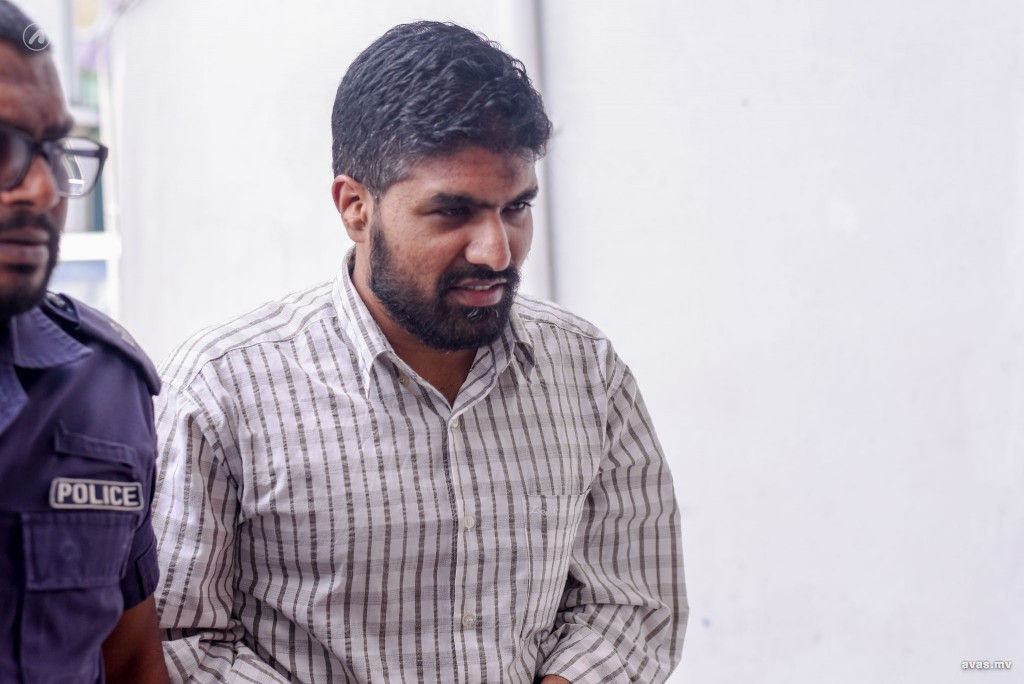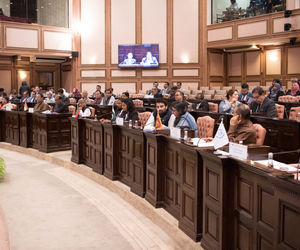Maldives court frees ‘top terrorist leader’
Mohamed Abdul Rahman was charged with terrorism for participating in a foreign war.

05 Aug 2018, 09:00
A Maldives man alleged to have fought in Pakistan’s Waziristan for almost a decade and who local media describe as a “top terrorist leader” had charges against him thrown out by the Criminal Court on Sunday.
Mohamed Abdul Rahman, of Kan’dholhudhoo island in Raa atoll, was charged with terrorism for participating in a foreign war and faced up to 20 years in jail if found guilty.
But Judge Ahmed Hailam ruled he could not be charged because prosecutors could not prove he had taken part in fighting after the 2015 Anti-Terrorism Act came into force.
Defence lawyer Noorusalaam Aboobakuru had raised the issue.
Become a member
Get full access to our archive and personalise your experience.
Already a member?
Discussion
No comments yet. Be the first to share your thoughts!
No comments yet. Be the first to join the conversation!
Join the Conversation
Sign in to share your thoughts under an alias and take part in the discussion. Independent journalism thrives on open, respectful debate — your voice matters.




